Reading Workshop is a framework or structure for how you run your reading block. It includes a whole group mini-lesson and a large chunk of time set aside for independent reading and small group instruction. One of the biggest benefits to using the workshop model is that it gives students so much time to engage with authentic texts. If you are following the workshop model to a T then your students will get 40-45 minutes everyday of uninterrupted reading time… and that also means you get 40-45 minutes to work with small groups or do reading conferences.
The workshop model sounds like a dream for a lot of teachers… who doesn’t want to have 45 minutes a day for small group instruction???? But the problem is, some teachers just don’t have that kind of time.
The reality of it is, even if you want to use the workshop model, you might only have have 60 minutes a day in your schedule to dedicate to reading workshop.
But don’t worry… there are still ways that you can use reading workshop, even with limited time.
If you are short on time, but still want to use reading workshop, here are some things to keep in mind:
Don’t stress out about how much time you do or do not have….
The important thing is that you use the time that you have to teach reading in the best way possible. You can’t control how much time your school or your district says you have to teach reading. There is no point stressing or complaining about it… Would it be nice if we all had 3 hours for literacy? YES! But if that is not your reality you need to accept it and then get ready to come up with a plan to make the most out of the time you do have to teach reading.
You can be an effective reading teacher regardless of how much time you have to teach reading!
Set your daily non-negotiables
With limited time to teach reading, it is important that you get crystal clear on how you want to use your instructional time. What are the one or two things you want to do everyday during your reading block regardless of the amount of time you have?
Is your mini-lesson your most important part of your reading block?
Is it imperative that you pull at least one small group that day?
Do you want to make sure your students get at least 20 min a day to read?
Each day, figure out the ONE thing that will drive your reading instruction forward and then do that thing first. When you prioritize your non-negotiables you are making sure you are using your time on what is most important for that day. This means that your reading block might go out of order some days. Maybe you start your reading block with a small group lesson or maybe you need to start your reading block with independent reading and reading conferences. It doesn’t matter if your workshop is a little bit out of order if that allows you to make time for what is most important.
Think of your schedule on the weekly level vs. the daily level.
If you have limited time to teaching reading or literacy (60-70 min total) it can be helpful to think of your instruction on a weekly level instead of a daily level. Reading workshop basically consists of a whole group mini-lesson, small group instruction, and independent reading. If you think about how much time per week you want to allot to each of those elements it will be easier to come up with your schedule. Instead of trying to squeeze in small groups everyday, maybe you have 2 days a week where you focus your whole block on pulling small groups. Or rather than having a daily mini-lesson, maybe you pick two days a week and try to do a little heftier/meatier mini-lesson that covers a few skills… if your students are already on the carpet and engaged in mini-lesson you’ll save transition time keeping them there for a 2nd lesson or for a longer one. When you start to think about your reading instruction on a weekly level you have more time to play with and can be a little more creative with how you squeeze in all the elements. It’s better to pull small groups two days a week than none at all. It’s better to give your kids one big chunk of independent reading than no time at all. Get creative with the time you are given.
Ask yourself “Is the time spent on this activity really helping my students grow?”
I’m not going to lie. If you ask this question and are REALLY honest with yourself, you might have to eliminate a few things from your daily or weekly schedule. If you have a limited time to teach reading to your students then you need to make sure that every single minute is spent on activities that are going to grow them as readers.
And the truth is sometimes we prioritize activities and routines that don’t really grow our students as readers. It can be tempting to keep parts of your reading block because they are easy to plan for or because that’s the way you’ve always done them, but if you want to be a really effective teacher, you have to ask this question for every thing that goes into your reading lesson plans. Once I started asking myself this question, I decided to scratch the following things from my reading block: Daily warm-ups and spiral review using passages, time spent correcting independent work, reading centers, and anything that involved a worksheet…. For me, those things weren’t having as big of an impact on my students reading growth and I had to make time for the things that really were – independent reading and small group instruction!
Again, going back to the basics here. Reading workshop is simple. It consists of a mini-lesson, time for independent reading, and small group instruction. If you’re giving away your precious instructional time for something other than those three elements, you might need to reconsider if it’s actually helping your students become better readers.
Nail down transitions and routines at the start of the year.
With limited time to teach reading, you more than likely feel the pressure to jump right in and start teaching content on day one of the school year. It can be tempting to skip any sort of “launch” phase and just get started with content. Maybe you skip building your students stamina because you have limited time and feel the pressure to get started pulling small groups, or maybe you jump right into your mini-lessons and skip teaching your students how to turn and talk and effectively ask questions about the text…
Whatever your routines may be, take time at the start of the year to properly set up and teach your students the routines for your literacy block. I suggest taking at least 3 weeks to set up your reading workshop. If you take the time to teach and practice all your routines then your students won’t’ have any questions and when you do start getting into the content you’ll have a super efficient reading block and won’t waste any time on redirecting… If you aren’t sure what to teach, I suggest starting with the following: You can also check out this blog post all about launching reading workshop.
Be flexible and willing to adjust your schedule if it isn’t working for you or your students.
With limited time to teach reading I think it’s important to realize that your first scheduling attempt might not work…that’s totally fine. Be flexible. There are so many external factors that will contribute to the effectiveness of your reading block (the time of day, what happens directly before or after your reading instruction) how often school events or holidays impact your schedule. After a few weeks or months you’ll have a pretty good idea of how effective your reading schedule is. If it’s not working, don’t be afraid to change it.
Get creative and try new things.
Sure, maybe you have a limited time to teach reading and you might not be able to squeeze in every single element to reading workshop during your assigned reading block, but could you borrow time from somewhere else in your day? What if you found mentor texts that were aligned to the topics you were teaching in science or social students? Could you possibly pull a reading strategy group during one of those times and teach both reading and social studies at the same time? What about having book clubs that cover social studies topics? Could you use your other subjects to do mini-lessons related to reading comprehension?
Or what about trying a new instructional strategy? There are sooooo many effective ways to teach reading. Try to incorporate something new this year. Maybe this is the year where you start doing independent reading conferences. Or maybe you start incorporating strategy groups in addition to your guided reading. Or maybe you start doing student led book talks a few times a week…. OR maybe you come up with something completely new that was inspired by your students.
Don’t be afraid to try new things or experiment with your instruction….
So, even if you don’t have tons of time to teach literacy, you can still create the reading block of your dreams… Being an effective reading teacher has nothing to do with how much time you have to teach reading, it’s all about how you use that time. Even with a limited time to teach reading, you can still grow your students as readers. Hopefully some of these planning tips will help you put together a stellar reading block for next year!
AND, if you need a little extra help with planning, I have a free download I’d love to share with you… check out the pink button below.
Grab Your FREE Gift!
Literacy Block Sample Schedules
Do you ever feel like you don’t have enough time to teach reading the way you want? This planning guide and set of sample schedules will give you tons of ideas for how you can set up your reading block regardless of how much time you do (or don’t) have.
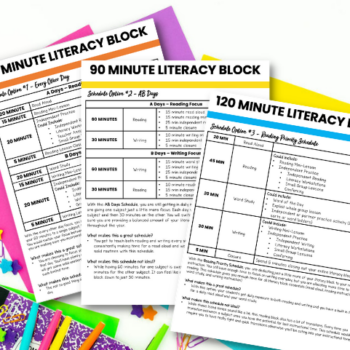
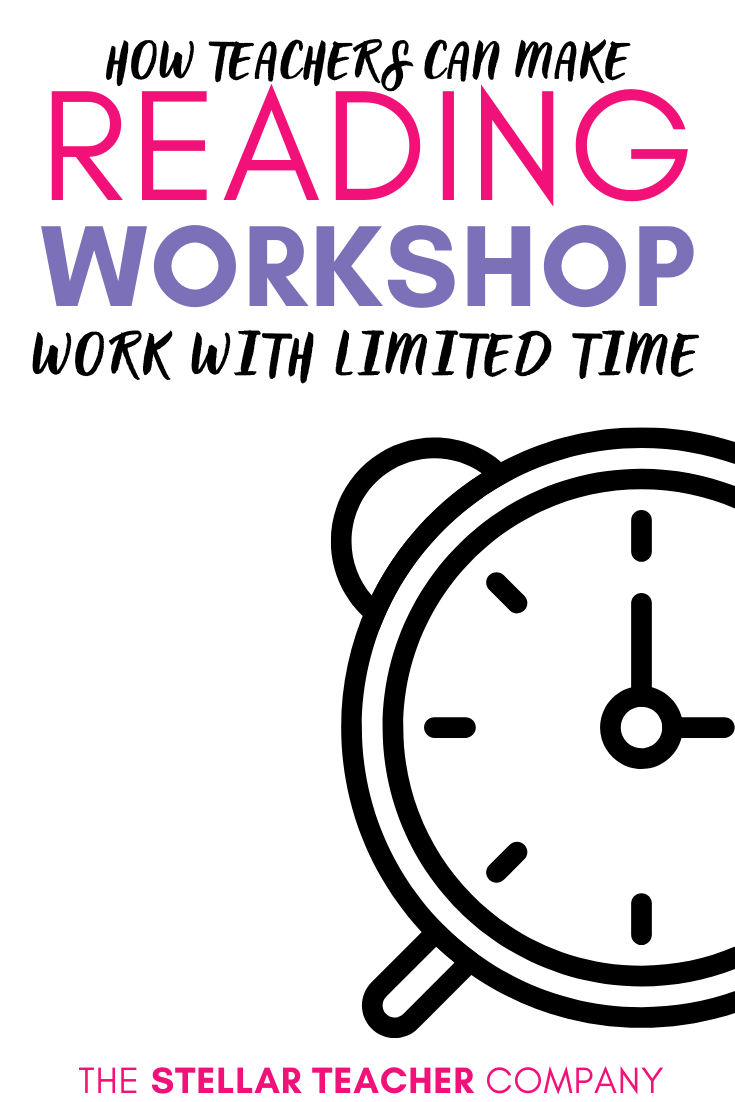



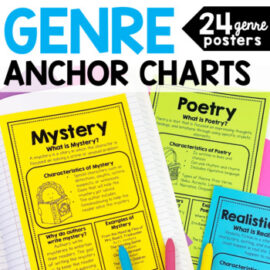

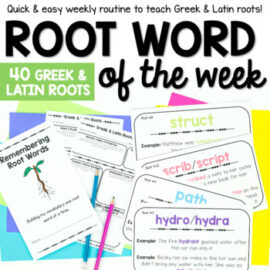
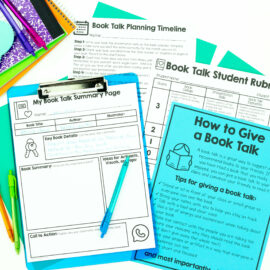
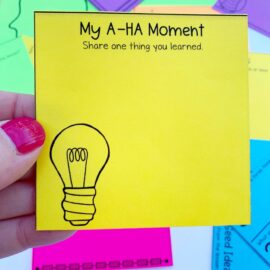
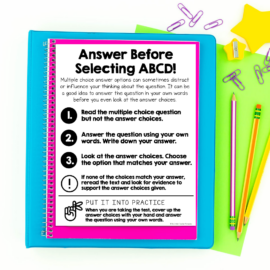
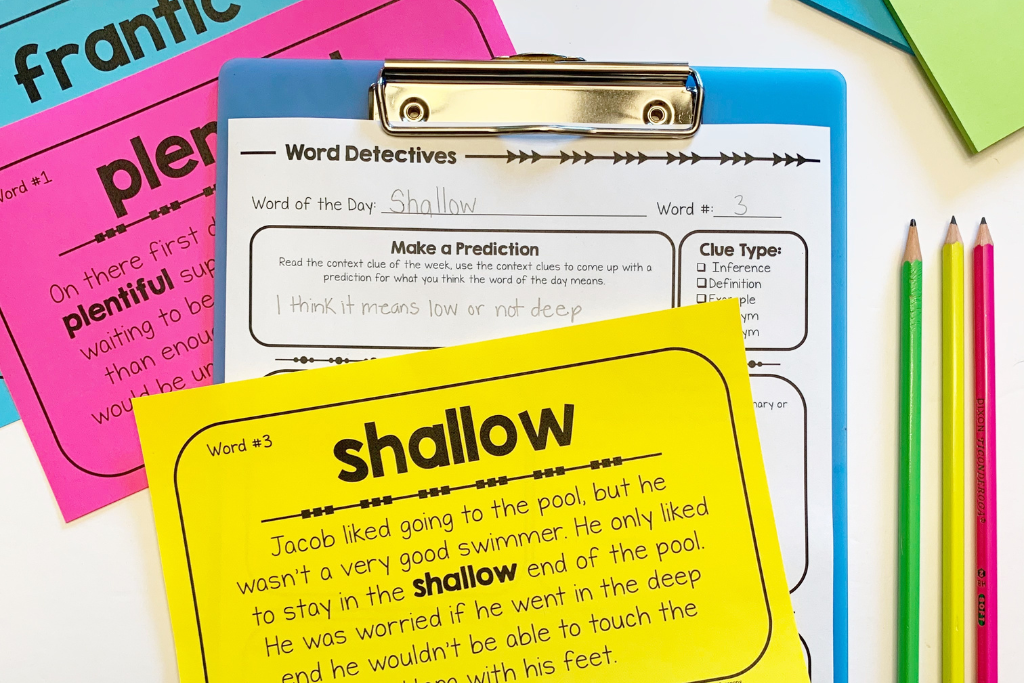
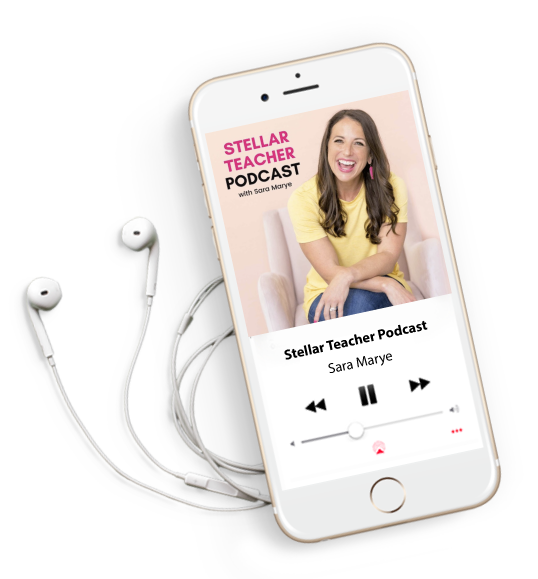
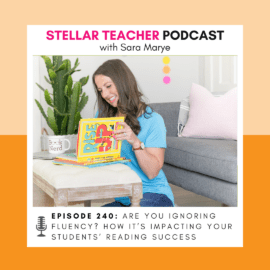
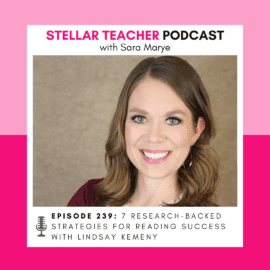

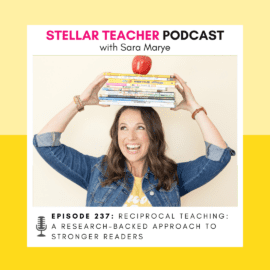

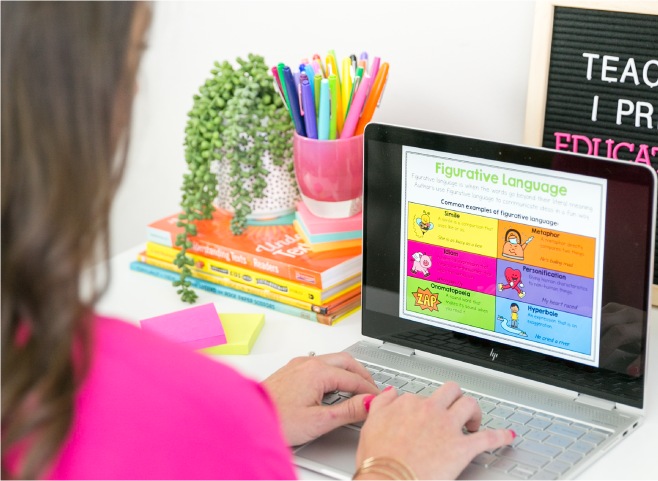
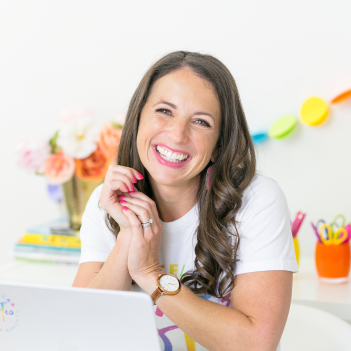
Hi there!! I’m just wondering if you require kids to respond during independent reading time. I feel the need to hold them accountable, but know some can’t do that independently while i’m reading with a small group. I think I’m going to try to switch to only three days a week of small groups and meet with three groups for 20 min each, but how will i keep kids engaged to work independently during the increased time? Do you any suggestions so that kids aren’t doing wasteful activities, but can keep working for longer times. I teach second graders. Thanks so much!
Hey Kristy,
This is such a great question. I think the big thing with any form of accountability for independent reading is to start small and build up their stamina for their reading responses as well. Maybe start by having them jot down one thing they learned, an interesting word, a detail from the text, or a question they had. I love using sticky notes for independent reading accountability because they are small and students don’t get overwhelmed with the idea that they have to complete a super long response. Starting small and building up their stamina will help with anything from independent reading to reading response to the number of centers they can handle. Hope that helps.